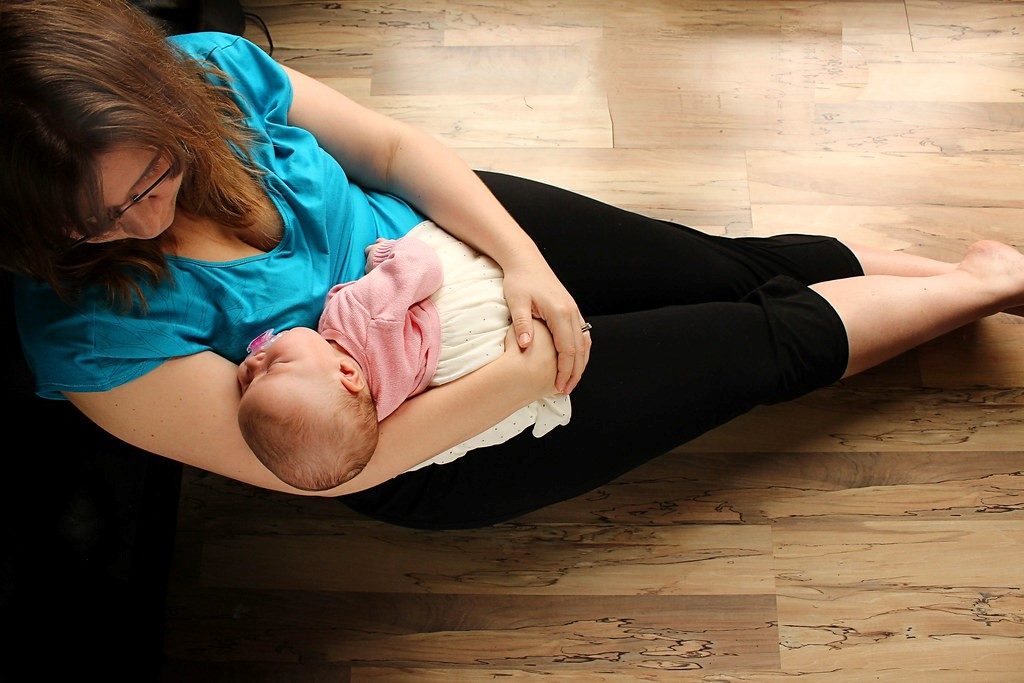Defining Motherhood Your Way

When assessing a case of postpartum depression, I focus on the woman’s state of mind before, during, and after she gives birth. By talking with many new moms, I have found that the blues are attributable to disappointed expectations and overwhelming responsibilities related to childcare, work demands, partnership challenges, and household chores.
A common feature of depressive episodes is a pervasive feeling of inadequacy. This can happen when we are adjusting to novel situations besides parenthood, such as going away to college, starting a new job, or rebounding from a romantic breakup. Situations where we experience intense anxiety about taking on a new task or role can trigger old emotional issues that render us temporarily paralyzed.
In the case of postpartum depression, new moms must contend with societal pressure that I believe is exacerbated by the new celebrations that precede the birth of the baby. Events such as reveal parties and babymoon vacations were unheard of a few years ago. However, these occasions are now considered de rigueur before having a baby. Being the center of attention at these events creates even more stress for a new mom attempting to adjust to her new responsibilities. Somehow, the star of the show is expected to perform without mistakes.
I believe that I did not experience postpartum depression—even though I had previously experienced other depressive episodes—because I felt confident about expressing the ambivalent feelings that accompanied the birth of my first baby. Through my years in psychotherapy, I had learned that ambivalence can be an honest expression of the negative feelings that can easily accompany any event in one’s life. Being angry or feeling hostile toward a loved one is part and parcel of navigating intimate relationships. Of course, articulating these grievances aloud is not always advisable or healthy; however, feeling annoyed or angry or hateful at a given moment does not mean you are a bad person. It simply means you are attempting to manage or control negative feelings.
Many women who suffer normal postpartum depression feel self-loathing if they do not take to motherhood like a fish to water. That seems to be society’s expectation, but it simply does not happen for many of us. When my first child was three months old, I attended a baby group. As I normally do, I vented about how bored and annoyed I felt regarding some aspects of infant care. I had no previous experience with babies and unrealistic expectations about parenthood. Yet, I remember feeling disappointed because motherhood was not as interesting or exciting as I had imagined. After I shared these ambivalent thoughts with the group of moms, they all sat there with astounded looks on their faces until one blurted out, “But don’t you love your son?” At that moment, I realized I had joined an unenlightened group; needless to say, I never returned. I vowed that if I ever ran a group for new moms, I would make sure that hurtful and insensitive mentality would never rear its head.
Venting about and sharing experiences—both good and bad—are powerful, humane ways of adjusting to situations where one feels upset and anxious. Empathy and understanding go a long way toward ameliorating unhappiness and loneliness.
Image courtesy of Jessica Pankratz (CC BY-ND 2.0)

